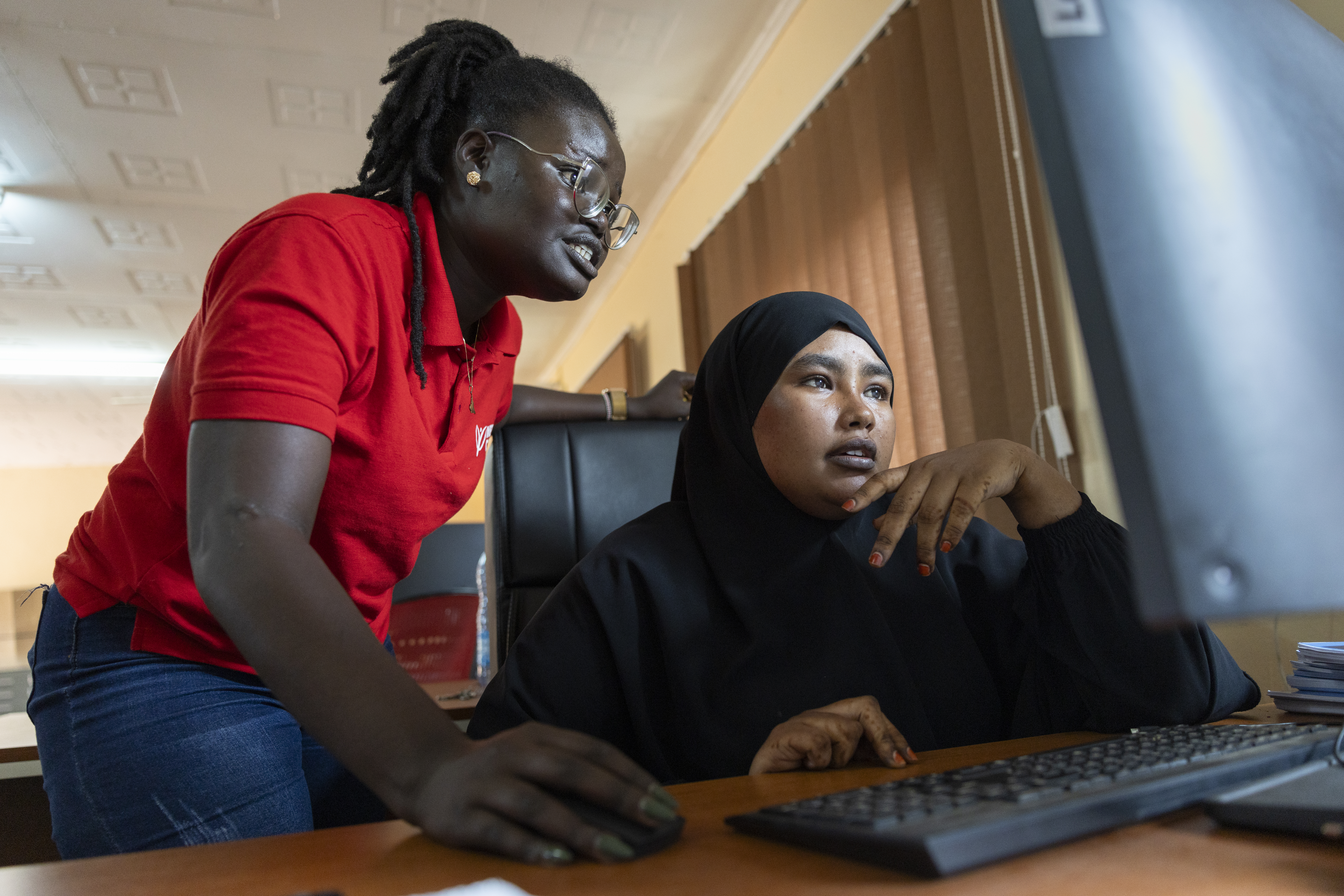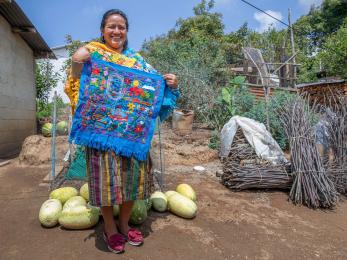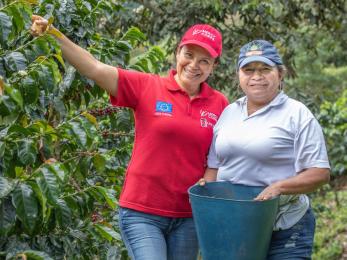Talk is cheap: The women, peace and security agenda

At the end of last month, we marked the 20th anniversary of U.N. Security Council Resolution 1325 on Women, Peace and Security (WPS). What should have been the culmination of an entire year celebrating milestones for women and gender equality, passed almost unnoticed.
As the world enters the ninth month of the COVID‑19 pandemic, celebrations happened mostly online, and were overshadowed by attempts to introduce a new U.N. Security Council resolution (UNSCR) that threatened to water down previously agreed commitments on the rights of women in conflict.
Luckily, the resolution was not adopted. But this is not the only reason celebrating felt out of place for me. Reading through some numbers highlighted by the secretary-general’s progress report on women, peace and security, I could not help but feel dismayed.
Global lack of implementation
Data from peace processes between 1992 and 2019 shows that on average, women represent only six per cent of mediators, six per cent of signatories, and 13 per cent of negotiators. Funding for women’s rights organisations is stagnating at a dismal 0.2 per cent of bilateral aid to fragile and conflict-affected places. You read that correctly; for every $10 spent on this global issue, women’s groups receive a mere two pennies.
As a peacebuilding expert from Nigeria, this shouldn’t surprise me. Two decades and nine resolutions after UNSCR 1325 was adopted, political leaders are making all the right promises, but implementation is still largely viewed as optional. At last year’s open debate on WPS, 140 countries requested time at the podium to speak out in support of the agenda. Yet less than 25 per cent of those states with National Action Plans have dedicated budgets to implement them.
My country is no exception. Although two National Action Plans have so far been developed in Nigeria, implementation has been slow and inconsistent. Only 11 out of 36 states have adopted the plan, and challenges of inadequate funding and poor monitoring mechanisms persist.
Why it matters for women and girls
The consequences of this global lack of action are ravaging. Women and girls continue to bear the brunt of conflict and crisis everywhere, often the first to lose jobs, educational opportunities and our freedoms. We continue to struggle for a seat at any decision-making table. We remain largely excluded from peace and security processes worldwide, even as evidence tells us that meaningful inclusion of women in conflict prevention and resolution significantly increases the chances of sustainable peace.
Now, COVID‑19 has amplified all of these issues. Violence against women and girls is the most striking example. In Nigeria, there was a 149 per cent monthly increase in reports of gender-based violence across 23 states following the introduction of lockdowns in March and April 2020. Looking at Lagos, the Federal Capital Territory, and Ogun, the three states initially placed under full lockdown, the increase was even more devastating, reaching 297 per cent.
Women can lead the way
And yet, in response to the pandemic - as with so many other crises globally - women, especially women peacebuilders, are on the frontlines addressing these issues. From Nigeria to Belarus, despite lack of support, we are helping to prevent violence by leading peaceful protests against oppressive regimes, facilitating dialogues and mediating disputes in our communities.
In Nigeria, Mercy Corps works with women peacebuilders to prevent and respond to violent extremism and the farmer-herder conflict. Communities that once cooperated over natural resources are competing for increasingly scarce land and water as climate change intensifies, and the resulting violence between farmers and pastoralists has contributed to more than 7,000 deaths in the past five years. Women and girls have been the worst affected: killed, assaulted or rendered homeless during violent conflicts.
Growing up, I witnessed how women - including myself - had their voices stifled and were conditioned to believe that our place is not at the peacebuilding table. Today, I see first hand how when provided with adequate platforms and an enabling environment, women gain confidence and lead their families and communities out of crisis. In some communities where Mercy Corps works, women organised themselves into peace discussion groups and convinced community leaders to give them a seat at town hall meetings.
Moving from promise to reality
What women and girls need today is not another ambitious promise, but concrete action.
We need the numerous commitments made over the past twenty years to be backed up by dedicated budgets for National Action Plans. We need women’s groups to receive adequate funding and support to work on their self-defined priorities. We need all the men leading peace and security processes everywhere to get out of their comfort zone, and recognise the leadership of women by meaningfully including them in those processes.
As the COVID‑19 pandemic is laying bare and reinforcing existing gender inequalities, there is no time to waste in ensuring that the next twenty years give us enough reasons to celebrate. Talk is cheap, but it will take an important step up in financial and political support to move the women, peace and security agenda from promise to reality.



